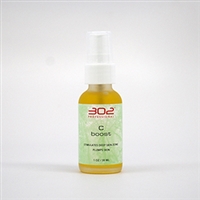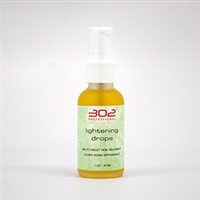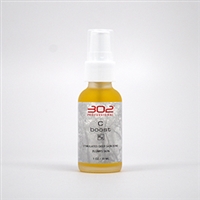Chemical peels are all the rage right now, right? However, what impact does a chemical peel have on your skin surface and are you really going to achieve the correct skin modification goals you desire? Let me take you into a deeper dive regarding the use of chemical peels and why they are not a go-to corneotherapy modality.
Chemical peels described as acting only on the epidermis, the outer layer(s) of the skin, are called superficial peels. Chemical peels that go deeper and affect the dermis are called medium-depth or medical peels. Local Oregon health licensing laws require that basic estheticians use only superficial chemical peels.
Superficial peel sounds pretty minimal, right? However, the epidermis being only the thickness of two pieces of binder paper, includes several layers (5) of your most important regenerative and protective immune regulating cells. The epidermis also provides you with a micro-biome, pH controlled acid mantle and hydrophotic (water repellant) skin barrier to protect you against viruses, bacteria, fungi, and parasites.
Now, if you were going into a battle would you really want to take off your armor? And, unfortunately, the environmental pollution, ultraviolet rays, and other harmful substances (even those in your cosmetics) do present a battle for unprotected or damaged skin barriers. If you have dry, red, itchy, scaly or blemished skin you have a disrupted skin barrier.
A skin peel should never be conducted as a “stand alone” treatment, like a one and done appointment. This would also apply to microdermabrasion treatment or any other modality that disrupts the surface skin cells. This is where corneotherapy can assist because the true corneotherapist will use protocols and treatment products that repair and replenish your skin with biologically compatible ingredients before the damage is increased.
Corneotherapeutic products do not incorporate any non-biologically compatible substances such as emulsifiers, fragrances, dyes, preservatives, silicones, amines, or other non-bio-degradable molecules. This makes the corneotherapy product highly regarded by individuals undergoing medical procedures, chemotherapy, or suffering with other skin disrupting conditions such as rosacea, psoriasis, eczema, or acne.
The epidermal skin cells have been compared to the shingles on a roof, when damaged they create a poor barrier to outside influence or trans-epidermal water loss (dry skin). If you have a good roof, so to speak, the interior of the house is not subjected to damage. This means that just diving into a chemical peel without proper skin preparation you can end up with fussy, irritated skin that looks dryer or oilier and less healthy.
Chemical peels, in some instances can be helpful when conducted properly. The means there is adequate training and knowledge of skin type, genetics, medical history, skin conditions, skincare being applied, and your willingness to follow closely with preparation protocols and post-procedure precautions in order to facilitate proper wound healing.
If you would like to learn more about corneotherapeutic products that create a superior skin barrier contact me at www.santedermique.com. #corneotherapy#healthyskin#skinwellness#glowingskin#oncologyskincare

















